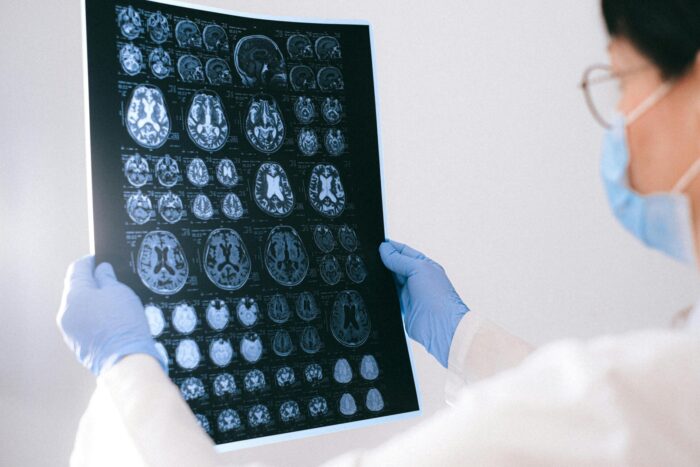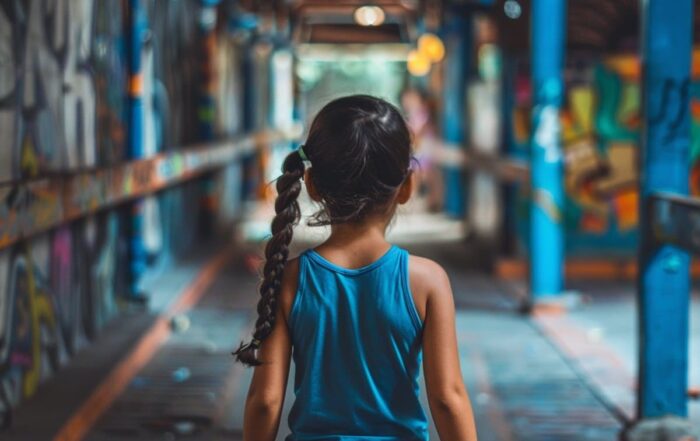
By David M. Allen, M.D.
One of the things that child abuse deniers like the False Memory Syndrome Foundation focus on, besides child abuse apologist Elizabeth Loftus’s irrelevant arguments about the unreliability of memory (more on that at the end of the post), is the fact that many adults who claim to have been victims of incest as children did not tell any other adults about it at the time the alleged incidents took place.
Some children do tell. So why wouldn’t the others?
May logical-sounding explanations have been advanced to explain why not. In an article in the December 2010 issue of Psychiatric Times, Richard Kluft lists several of them: incomprehension, shame, fear of retaliation, and the misperception that the child is to blame. He also mentions loyalty conflicts, but more on that shortly.
Share This Post!
Exploratory Study Associates Childhood Trauma with Brain Features in Abusive Mothers
By University of Fukui As sad as it is, child maltreatment continues to be a prevalent global social issue. Recent studies have revealed that up to one billion children aged 2 [...]
SAMHSA Recognizes Posttraumatic Stress Disorder Awareness Month
By Stacey Owens, M.S.W., LCSW-C, Military and Veterans Affairs Liaison, Center for Mental Health Services Although often associated with combat veterans, Posttraumatic Stress Disorder (PTSD) is a mental health condition that [...]
Post-traumatic Stress Disorder and Cancer
By American Society of Clinical Oncology (ASCO) Post-traumatic stress disorder (PTSD) is a type of anxiety disorder. Some people develop PTSD after experiencing a frightening or life-threatening situation. PTSD is most [...]
Childhood Trauma Impacts Muscle Function in Later Life
By Morgan Sherburne – University of Michigan Adverse childhood experiences can detrimentally affect muscle function in older adults by impairing mitochondrial activity necessary for energy production. The study analyzed muscle biopsies from [...]
The True Link Between Early Trauma and Adult Mental Health
By David Rettew M.D., ABCs of Child Psychiatry The last decade of the 1990s was often labeled the “Decade of the Brain,” as many mental health clinicians and researchers emphasized biological [...]
What’s the Best Treatment for PTSD in Children?
By Joan Kaufman, PhD Joan Kaufman, PhD, of the Department of Psychiatry at Yale University, discusses the different stages of trauma-focused cognitive behavior therapy, or TF-CBT, the best evidence-based intervention for children who [...]







